Art is so subjective that there is no correct answer to this question. But there are some things that can help you analyze a photograph. I find it interesting that the majority of people can tell the difference between an average and a great photo and choose the ‘better’ one, but they struggle to articulate why. Here are some of those harder-to-explain things that might draw them toward the ‘better’ picture. I’m sure there’s many more things I’ve missed—we never stop learning:
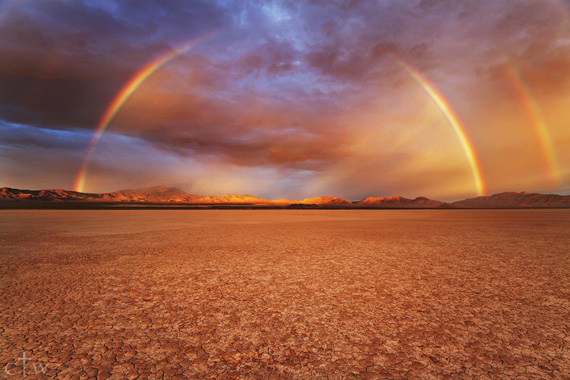
“California Desert Rainbow” captured by PictureSocial member ‘Vegas’
Lines
Lines are the strongest design element in a picture. Without lines, you can’t have shapes, patterns, or textures—they are everywhere! The strongest of these lead your eye through the different elements in photographs.
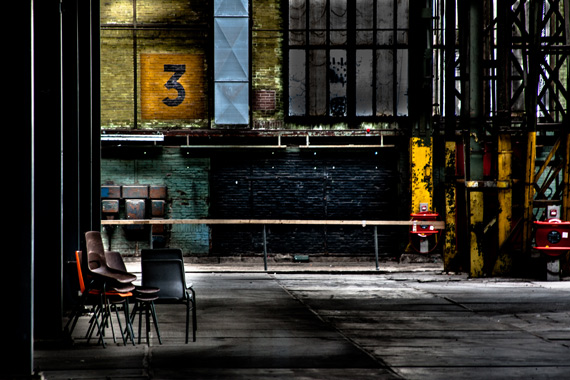
“Chairs” captured by PictureSocial member Lilian Ann Murphy
Shape, Pattern, and Contrast
The shapes of your subject and background elements and how they interact will tell your story. Our brains are programmed to look for these things. One of your main challenges as a photographer is to demonstrate a 3D world in a 2D format, and good photographers understand how light (and shadow) interact with these subjects to make a scene come alive.
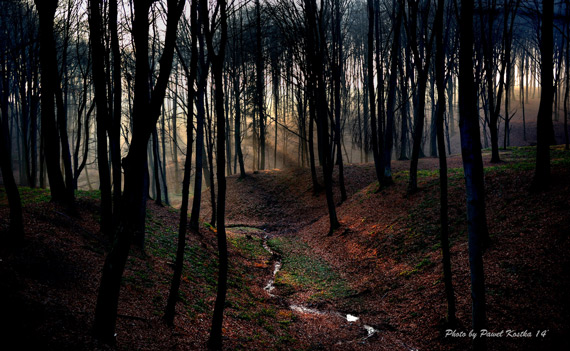
“Untitled” captured by PictureSocial member Paweł Kostka
Color
Color has a huge emotional effect on a photograph. We often use colors to describe our mood. Colors can work together in harmony or they can clash, and this can be used in your story. Or, you can use a black-and-white photograph to force people to concentrate on the other aspects of it.
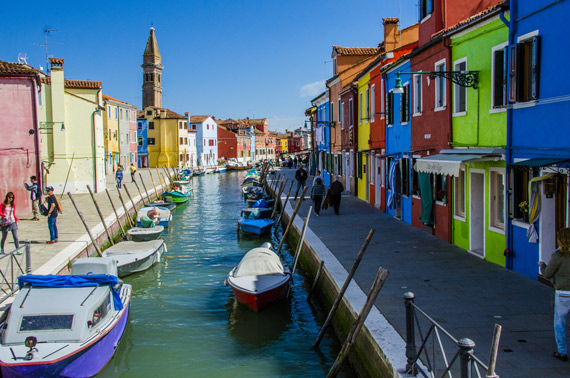
“Neighbourhood Street in Venice” captured by PictureSocial member Pat Kehoe
Beautiful Subjects
Even if you have no idea about photography, there are some things or people that will almost always look great. Once you do have an idea, you can make them look spectacular.
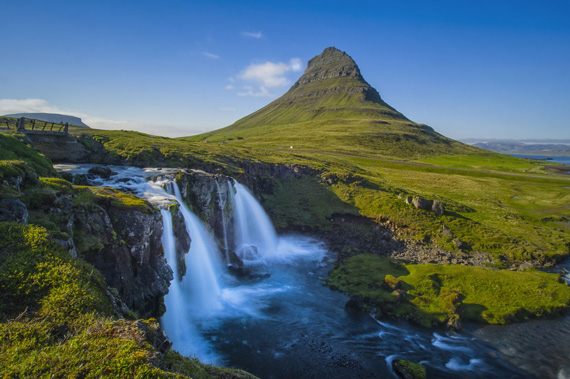
“Kirkjufell-Kirkjufellsfoss” captured by PictureSocial member Avar Guoundsson
The Moment
You hear about “the moment” a lot in the photography world, but what does it mean? It’s hard to explain. For me, this means that you captured a small piece of time, which tells a story that you don’t need to explain with words.
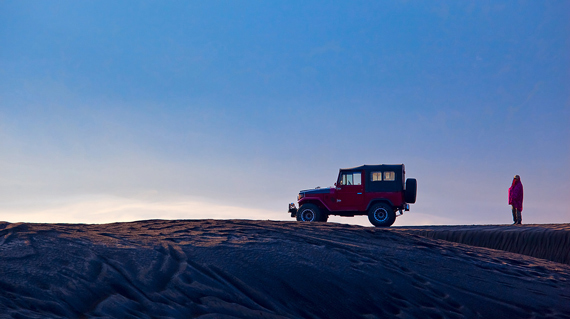
“Sunrise” captured by PictureSocial member Atik Sulianami
A great moment can tell a story that spans a much longer period of time than it took for the shutter to fire. Sometimes, the moment is so good that you will have a great photograph even if your technique wasn’t perfect.
All the great pictures ever taken don’t necessarily include all of these, but I’m fairly sure they each include at least one. More importantly, if you can start to think about these things before and during your photo shoots, I guarantee that you will begin taking better photographs, simply because you are no longer snapping and hoping. You may even start to enjoy seeing more, even when you don’t have a camera!
But photography isn’t only about being able to see what’s in front of you; you have to be able to record what you see using some technology that is more advanced than what it took to take Neil Armstrong and his buddies to the moon. This can be quite daunting for some people and is the reason you see so many people with really good cameras keeping their dial on the green auto mode and never moving past that. Don’t be that person.
Do you think there are other things that make photographs great? Have you ever taken a great photograph?
About the Author:
Edward B Johson is from PhotographBear (photograbear dot com). “He lives in a cupboard full of photography equipment and when the big humans aren’t looking, he borrows a camera and goes on adventures.”
Go to full article: What Makes Some Photographs Better Than Others?
What are your thoughts on this article? Join the discussion on Facebook
Article from: PictureCorrect